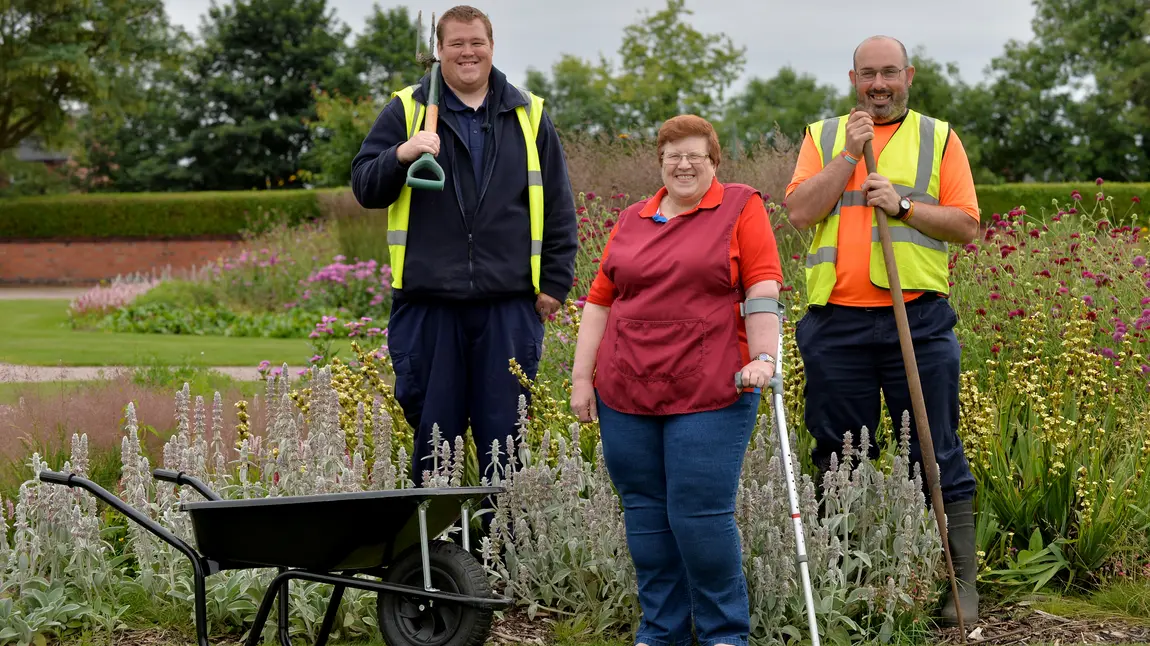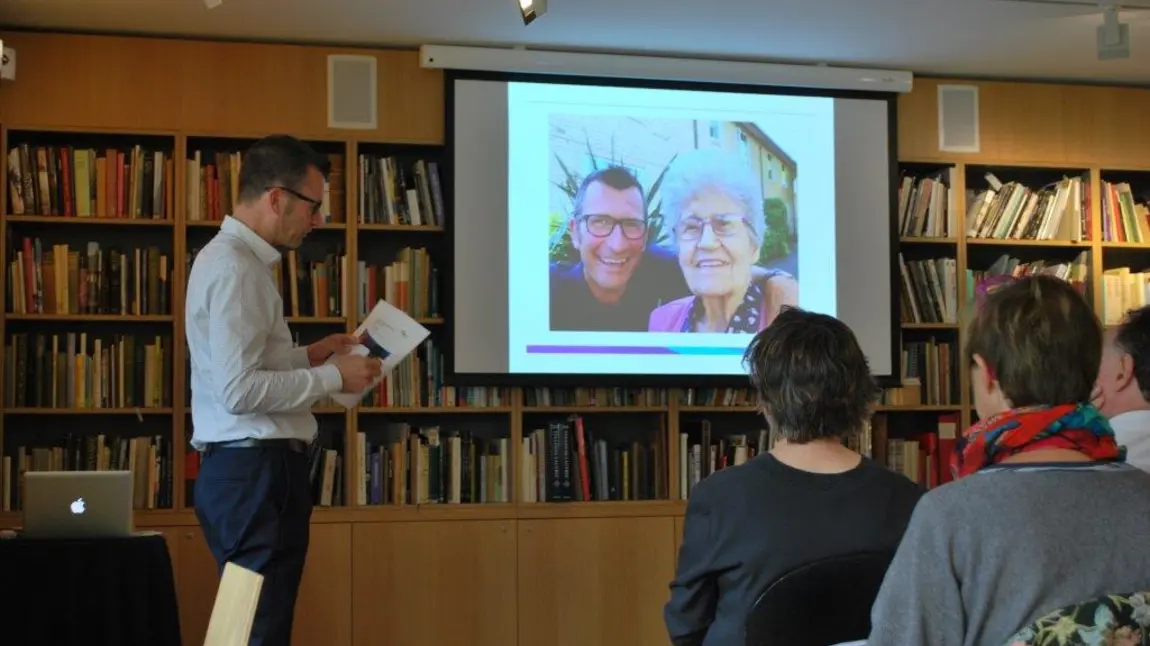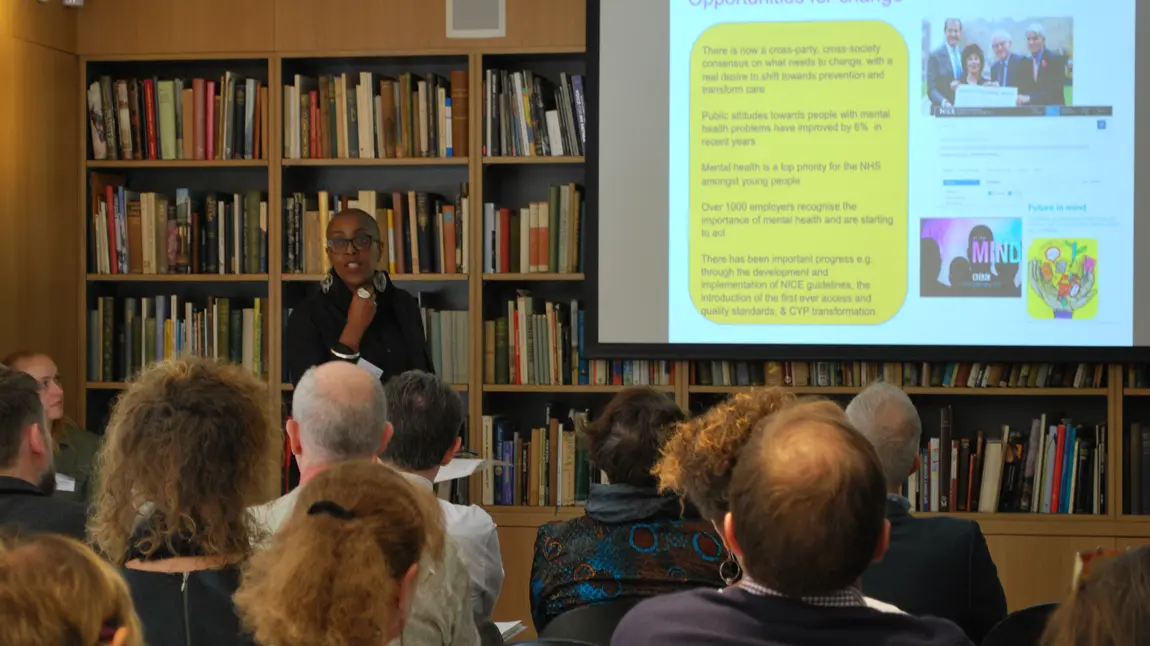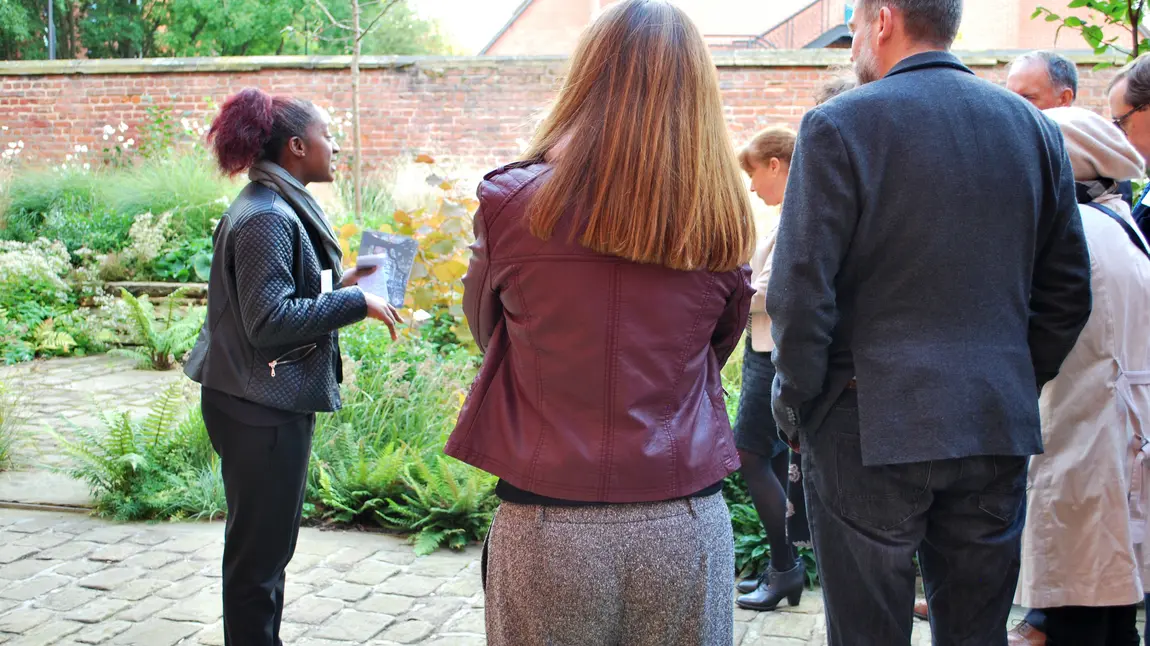Mental health, dementia and heritage
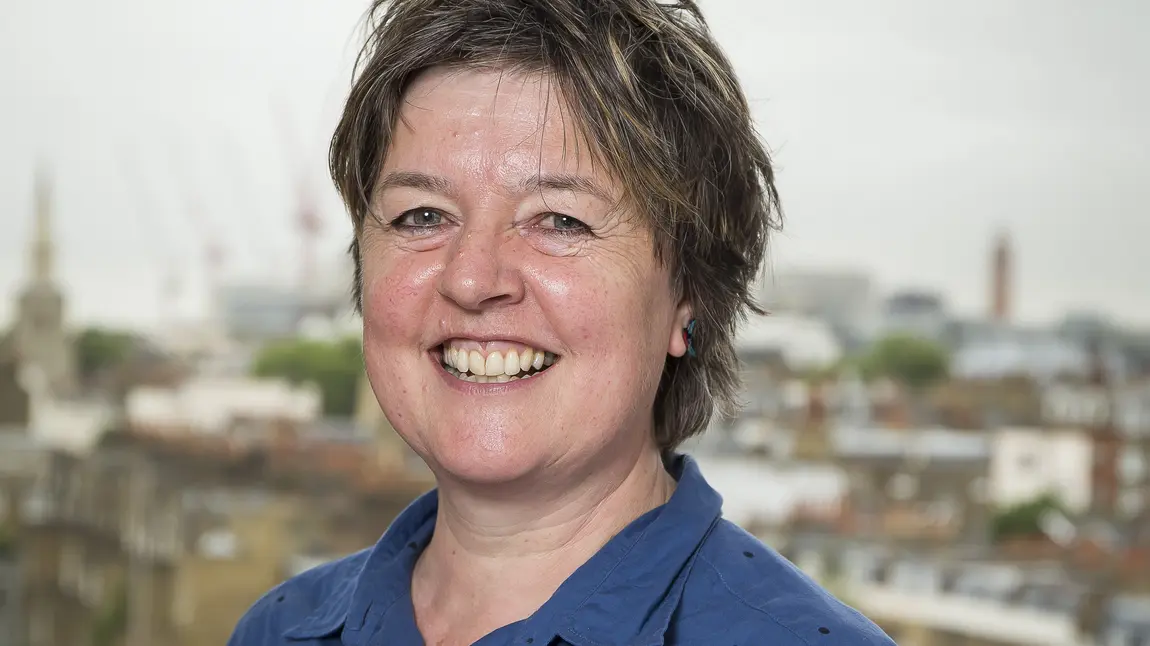
We know that heritage has a real benefit for people and communities. Our research shows a correlation between heritage investment and people feeling happier about where they live. And we continue to hear positive stories from the projects we’ve funded about their impact for people.
The Inclusive Heritage seminar brought together leaders from health and heritage organisations to share knowledge and discuss: How can heritage change to respond to the need for more ambitious outcomes for people using mental health and dementia services, their families and support staff?
Five ways to wellbeing
The seminar included discussion of the five actions to improve personal wellbeing as produced by the New Economics Foundation:
- Connect
- Be Active
- Take Notice
- Keep Learning
- Give
These are a set of evidence-based actions that promote wellbeing and can be undertaken by individuals in their daily lives.
Connect
Heritage projects help people to connect with each other. They inspire people to explore histories, and help heritage organisations and sites to build wider audiences. Successful projects take active steps to engage communities, including working in partnership with others and holding open events.
At the Inclusive Heritage seminar, Helen Shearn from South London and Maudsley NHS Foundation Trust (SLaM) demonstrated the potential in improving mental health outcomes by connecting cultural and health providers.
[quote=Helen Shearn, SLaM]“Thriving mental health and heritage partnerships are built on trust, connecting and co-produced with people using mental health services, not for them.”[/quote]
Using local cultural resources in nearby museums and galleries is proven to help support recovery and connect people using mental health and dementia services with heritage collections. Belinda Sosinowicz from Age Exchange – a national centre for Reminiscence Arts and dementia intervention – spoke at the seminar. She explained how relationships between people with dementia, care home staff and the Age Exchange leaders were developed through focusing on their experience of the present (not the past), using handling objects and gentle movement. Belinda described how the use of sensory learning and empathetic facilitators helped focus on relationships within the group, challenging the loneliness and isolation often present for people with dementia.
Be active
One of the stand-out pieces of learning from the Inclusive Heritage seminar was that the health impact of activity is greatest for those with the lowest levels of health at the start.
Activities within heritage projects can have a positive impact on mental health. We’ve funded thousands of projects that promote mental health and wellbeing through active participation in archaeology and natural heritage projects.
The setting for Inclusive Heritage was the Whitworth Gallery, Manchester. Francine Hayfron, Cultural Park Keeper led a walk through the gallery’s garden, explaining how horticulture and creative activities had improved the mental health of local residents and workers. Esme Ward, Head of Engagement at the Whitworth, spoke of the wider context of business, health and cultural partnerships in improving health outcomes across Greater Manchester.
Jacqui Dyer, co-author of the Mental Health Task Force Report, had reminded us earlier in the day about the impact of multiple inequalities on our experience of mental health. In Lambeth, residents are working alongside health staff to improve the experience of local people where unemployment and inadequate housing, for example, have huge impacts on mental health. Jacqui spoke about the balance of fear with excitement that is needed for people to try new things including heritage activities.
Take notice
Steve Hampson at Age UK talked about the experience of visitors at Age UK venues. Colleagues have been taking notice of behaviours at work to improve the welcome and access on arrival at offices and day centres.
[quote=Steve Hampson, Age UK ]“Focus on the abilities of the individual with dementia and the experience of the present."[/quote]
Steve reflected on his work-based learning through his relationship with his mother who now lives in a residential care home. He highlighted the interrelationships of her limited mobility, hearing and visual impairment, and dementia, and the importance of "being in the moment" with her. He prompted us to: “Focus on the abilities of the individual with dementia and the experience of the present: talk to people with dementia before designing the heritage opportunity or service.”
Keep learning
HLF-supported projects encourage people to learn about heritage in ways that meet their needs and interests.
Stephen Bush has supported both his mother and brother as a carer and Guy Noble curates events for patients and staff at University College London Hospital. At the seminar, Stephen and Guy discussed these different care contexts. They both agreed on the value of high quality activities and cultural engagement. Stephen highlighted that cultural organisations must show respect for the individual receiving care - with both the individual and the carer remaining as separate people with their own learning needs. He suggested offering opportunities for creative engagement and stimulation: "having fun, whilst being taken seriously".
Gavin Clayton, CEO of the Arts and Minds charity in Cambridgeshire, reflected on his professional learning. He has experience of building relationships with health commissioners, GPs, researchers and cultural organisations, which have resulted in strong improvements in health outcomes for local residents.
He outlined the shared challenge of collaborating with sectors that are new to us and spoke of the need to develop relationships between health and cultural sectors.
Give
The Proactive Minds partnership project is an example of the benefits of volunteering time. It is a peer-led programme that supports physically activity through transforming neglected green spaces. Led by Mind and the Conservation Volunteers, the project involves people who have experienced emotional distress or those at risk of mental ill health. The impacts and outcomes of the project so far include peer learning, improved health and economic sustainability. Research is being carried out to further understand how these benefits of volunteering can help to improve health outcomes.
You can read more about the benefits of volunteering with heritage projects in our social impact research.
Looking ahead to 2017, we’ll be sharing more on mental health, dementia and heritage partnerships, including HLF project examples. In the meantime, do add your comments and experience on the subject, by joining our Online Community discussion.
